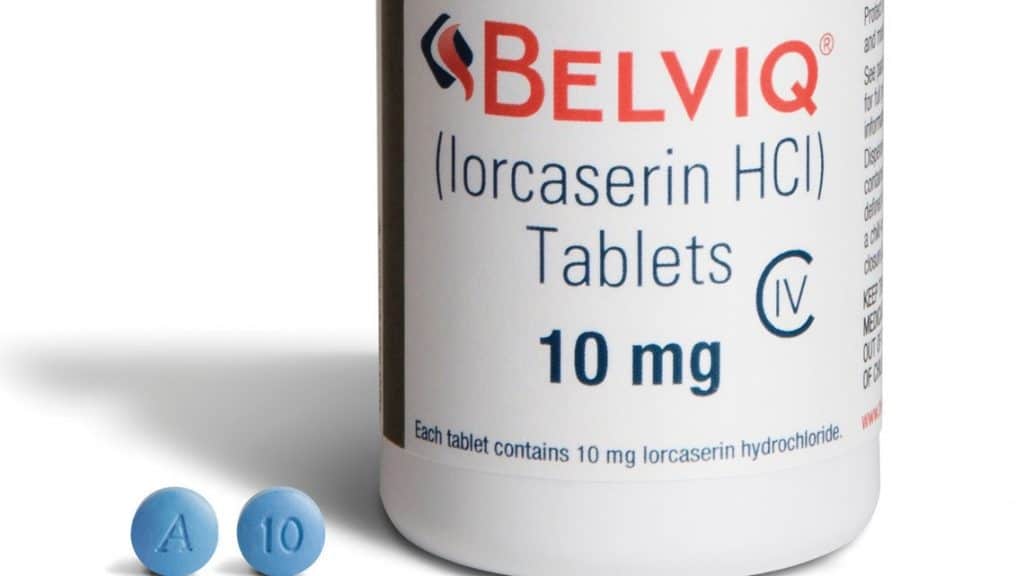On February 13, 2020, the U.S. Food and Drug Administration issued a Drug Safety Communication requesting the manufacturer of weight loss drug Belviq® and Belviq XR® (lorcaserin) withdraw the drug from the U.S. market after a clinical trial showed an increased risk of cancer.
The FDA made its request after finding that serious side effects of Belviq include certain cancers such as pancreatic, colorectal, and lung cancer.
The medication was also linked to an increased risk of heart valve damage, stroke, and serotonin syndrome. The FDA determined that all of these outweighed the potential benefits.
The FDA’s safety communication states, “we believe that the risks of lorcaserin [Belviq] outweigh its benefits based on our completed review of results from a randomized clinical trial assessing safety.”
When the FDA originally approved Belviq in 2012 for chronic weight management in obese adults, the manufacturer required a clinical trial on the drug’s cardiovascular risk.
The Belviq clinical trial involved 12,000 patients for over five years.
Safety data from the clinical trial showed that patients taking Belviq had an increased risk of developing several types of cancer, including colorectal, pancreatic, and lung cancer.
In January 2020, the FDA alerted the public about a possible increased risk of cancer linked to the use of Belviq.
The FDA safety communication recommends patients “stop taking lorcaserin and talk to your health care professionals about alternative weight-loss medicines and weight management programs. Stop taking lorcaserin and talk to your health care professionals about alternative weight-loss medicines and weight management programs.”
Belviq manufacturer Eisai Inc. has agreed to withdraw the drug from U.S. markets.
Source: FDA requests the withdrawal of the weight-loss drug Belviq, Belviq XR (lorcaserin) from the market.



